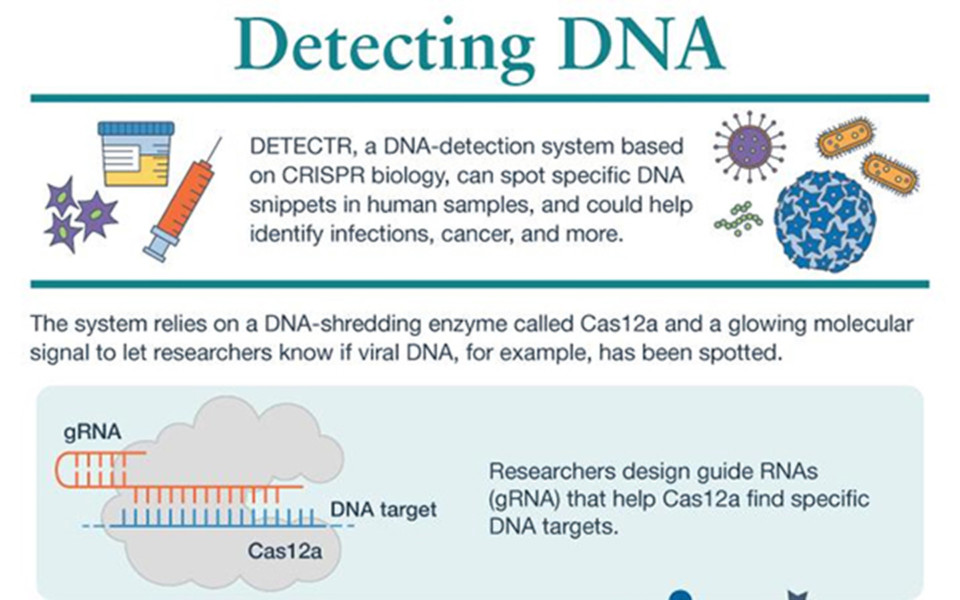CRISPR at Home: Health for the Whole Family
CRISPR pioneer Jennifer Doudna, Ph.D., has co-founded a new company, Mammoth Biosciences, that aims to democratize gene-editing technology by developing a platform that the company and its partners may use to launch an “endless variety of tests for biosensing in healthcare, as well as across industries such as agriculture, manufacturing, forensics, and more.” Belying its ponderous name, Mammoth chooses to emphasize the speed with which its technology may lead to new applications, which will, themselves, speed test results to patients in clinical settings, or people at home.
According to Mammoth, users won’t have to take multiple trips to the clinic and wait days for their results. Instead, they can “add a sample,” “take a picture,” and “get results” in 30 minutes.
“Our platform has two form factors to enable its use in many different settings,” Mammoth’s website indicates. “For use in the field and at home, we use a simple paper-based test. For this system, the sample is applied to the detection card, resulting in a visible color change. To achieve the maximum sensitivity and accuracy in real time, we can leverage a smartphone to detect the signal in liquid containing the sample of interest.”
Mammoth is licensing technology from the University of California, Berkeley, where Doudna, a professor of molecular and cell biology and of chemistry, leads research into CRISPR (clustered regularly interspaced short palindromic repeats). Of particular relevance is a CRISPR technology developed by Doudna and colleagues called DETECTR, which stands for DNA endonuclease targeted CRISPR trans reporter.
Announced last February as “a simple method that may lead to fast, reliable medical tests,” DETECTR has also been featured in a recent paper (“CRISPR-Cas12a Target Binding Unleashes Indiscriminate Single-Stranded DNase Activity”) in the journal Science.


